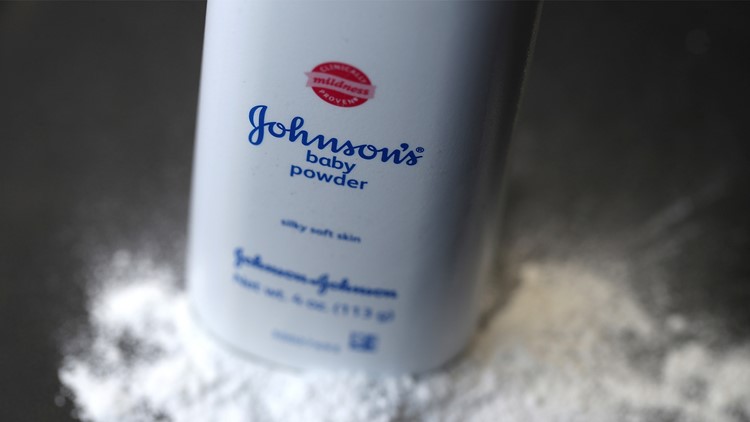Johnson & Johnson shares tumbled about 10 percent Friday following a Reuters report that claimed the company knew its talcum baby powder contained asbestos for decades.
Reuters examined documents, deposition and trial testimonies that showed Johnson & Johnson company executives, mine managers, scientists, doctors and lawyers knew – at least from 1971 through the early 2000s – that the company's raw talc tested positive for small amounts of asbestos, but failed to tell regulators or the public.
About 11,700 plaintiffs have filed suit against Johnson & Johnson, claiming its talc product caused their cancers. That includes thousands of women with ovarian cancer. Scientists have long linked asbestos to mesothelioma, which is associated with ovarian and other cancers.
Earlier this year, courts in New Jersey and California awarded damages to plaintiffs who claimed Johnson & Johnson talc products tainted with asbestos caused their mesothelioma. In July, $4.7 billion was awarded in total damages to 22 women in St. Louis who said asbestos in Johnson & Johnson talc powder contributed to their ovarian cancer.
Johnson & Johnson has consistently maintained its talc is safe.
“Plaintiffs’ attorneys out for personal financial gain are distorting historical documents and intentionally creating confusion in the courtroom and in the media,” Ernie Knewitz, Johnson & Johnson’s vice president of global media relations, wrote in an email to Reuters. “This is all a calculated attempt to distract from the fact that thousands of independent tests prove our talc does not contain asbestos or cause cancer. Any suggestion that Johnson & Johnson knew or hid information about the safety of talc is false.”
Johnson & Johnson turned over thousands of documents in court proceedings — but most have been designated as confidential, shielding them from the public.



